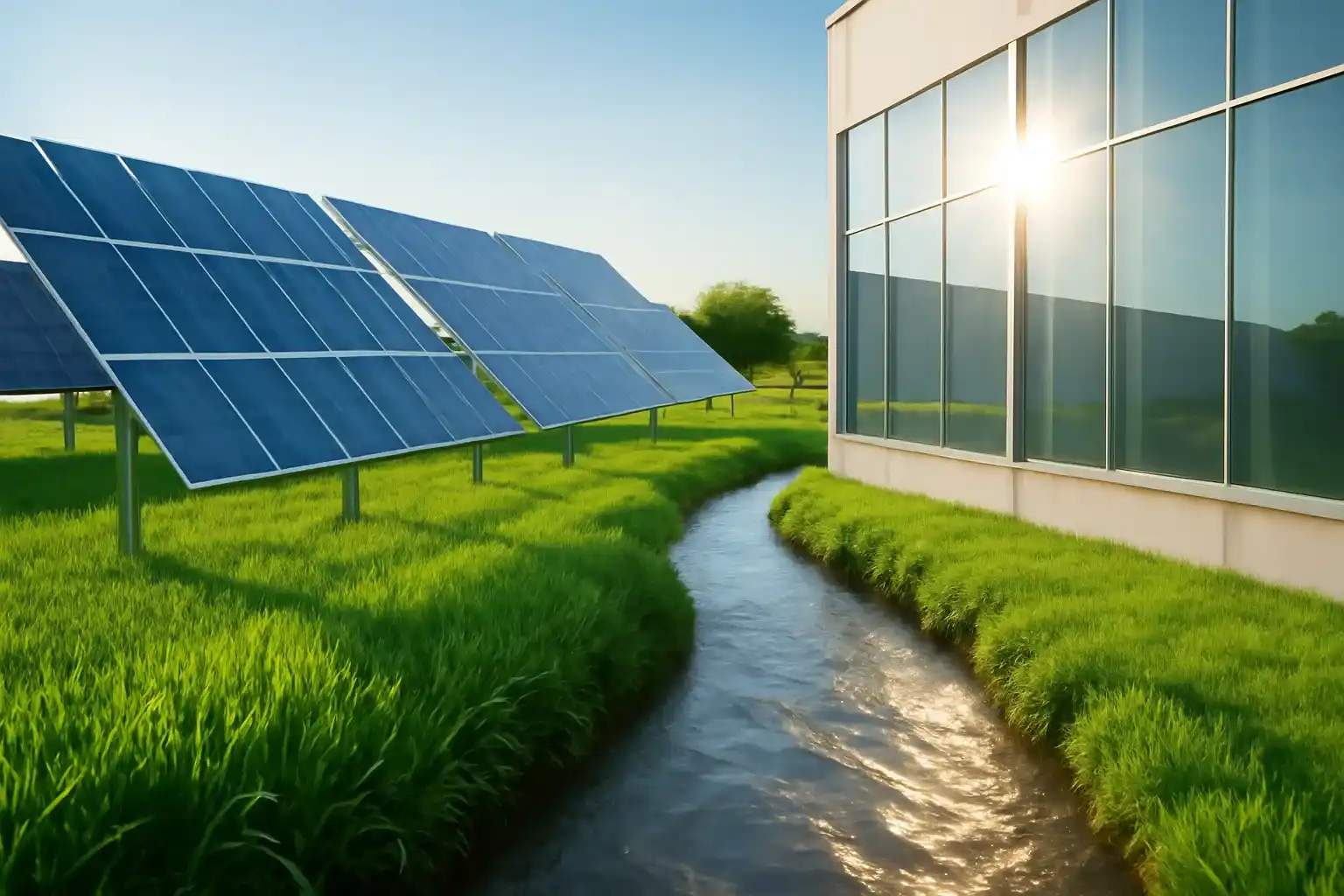The Impact of the Automotive Industry on the Specialty Silica Market

The specialty silica market was valued at US$4587.108 million in 2022 and is projected to expand at a CAGR of 9.07% over the forecast period to reach US$8422.122 million by 2029.
The increased demand for rubber, coatings, and paints in various sectors such as construction and electric cars is driving the expansion of the specialty silica market. A considerable increase in EV manufacturing is likely to present a profitable opportunity for the tire business, which is predicted to positively affect specialty silica demand. In sectors such as rubber and plastics, specialty silica is utilized as a performance addition. An important growth driver is a trend toward using specialized silica as a performance ingredient in the production of green and energy-efficient tires. Increasing demand from the automotive sector due to its wide variety of uses in tire manufacture, including the filler material, will continue to boost growth.
Furthermore, increasing the use of specialty silica in oral care products is expected to drive market expansion during the forecast period. Silica is commonly employed in the production of numerous dental care products as a cleansing and whitening ingredient. High-grade specialized silica used in dental applications has an excellent cleaning-to-abrasion ratio, which is expected to drive up demand for oral care products. Additionally, a growing number of regulatory approvals from organizations such as the United States Department of Agriculture and the Food and Drug Administration for the use of specialized silica in food and drinks is predicted to enhance demand for specialty silica during the forecast. As a result, the growing use of oral care products is likely to drive market expansion.
Major developments made by companies will boost the market’s future profitability
Rising investment by new companies, as well as the introduction of new and revolutionary silica, present prospects to the industry. Because specialty silica filler is so hard, it causes damage to polymer processing tools. Furthermore, the emergence of cost-effective substitutes such as colloidal silica and silica gel is projected to stymie industry growth.
- In April 2019, BASF announced plans to invest millions of euros in the building of a silica facility at the Dusseldorf-Holthausen location. This sort of growth will drive the specialty silica market throughout the projected period.
- In February 2019, W. R. Grace & Co., a global leader in specialized silica, started work on a new colloidal silica facility at its European headquarters and R&D center in Worms, Germany. This investment has helped to meet clients' expanding demand and technological needs. Grace's technological platforms have likewise grown as a result. Additionally, in June 2021, W. R. Grace & Co. announced the establishment of a new, cutting-edge analytical lab at their colloidal production facility in East Chicago, Indiana.
- In March 2019, DKSH's Business Unit Performance Materials, a distributor of ingredients and specialty chemicals, announced that Evonik's performance range of silica for use in coatings and ink applications has been expanded to Indonesia, Thailand, the Philippines, Myanmar, Singapore, and Cambodia.
- In August 2019, Evonik Business Line Silica announced a new solution for oral care, SPHERILEX 145, which is designed to reach high cleaning levels while causing less abrasion to enamel and other oral hardware.
Due to the rise of the automotive industry, the market for specialty silica will witness steady expansion.
The vehicle sector, which is a major user of synthetic silica, has already reported lower sales in 2019. The increased usage of environmentally friendly automobiles has resulted in the resuscitation of the automotive industry. Because it helps to minimize carbon emissions, specialty silica is frequently utilized in the manufacture of tires in the automobile sector. The tire business has benefited from this. The specialty silica market is expected to be driven by an increase in tire demand as a result of increased automotive sales worldwide. Rubber demand growth can be attributed to an increase in tire output since global automotive manufacturing has increased in numerous industrialized countries. For instance, in October 2021, DSL Japan, a joint venture between Evonik and Japanese pharmaceutical giant Shionogi, started a new specialty silica manufacturing line at its Ako, Japan, location. The additional facilities increase the manufacturing capacity of unique, tailored silica solutions by 30%, allowing DSL Japan to satisfy rising demand from a variety of sectors both domestically and internationally. Specialty silica is a critical enabler in a wide range of sectors, especially automotive. DSL Japan's specialty silica products, for example, help current car exhaust gas systems comply with new, stricter environmental laws. Therefore, the incorporation of specialty silica in the automotive industry will surge the market demand in the coming years.
According to analysts, the North American region is expected to occupy a notable share of the market in the coming years.
The United States has the top position in the global market since the automobile industry creates the most product demand. The country's automobile industry makes substantial use of economical and sophisticated rubber tires. The country's brisk manufacture of electric automobiles will benefit the specialty silica industry in the next years. For example, Lion Electric stated in May 2021 that it will build the country's largest medium and heavy-duty EV facility. The corporation plans to invest USD 70 million over three years. The factory is expected to have an output of 20,000 all-electric buses and vehicles. Similarly, Nouryon stated in November 2021 that they want to enhance the capacity of their Levasil colloidal silica production factory in the United States. The development is intended to address rising demand in the manufacturing and construction industries. Additionally, the Canadian government contributed USD 10 billion to the whole housing program for the following five years in April 2022. Europe is a significant area for the specialty silica industry. As a result, the specialty silica market demand is anticipated to rise in the North American region for its major developments and expansion.
Get in Touch
Interested in this topic? Contact our analysts for more details.
Latest Blogs

Solar Control Window Films Market expected to reach USD 1,224.951 million by 2030
RecentlyTop Companies Leading the Silicon-Based Capacitor Revolution
Recently
The Role of Chemical Blowing Agents in Sustainable Foaming Solutions
Recently
Top 10 Emerging Beverages Set to Dominate the Market in the Coming Years
Recently